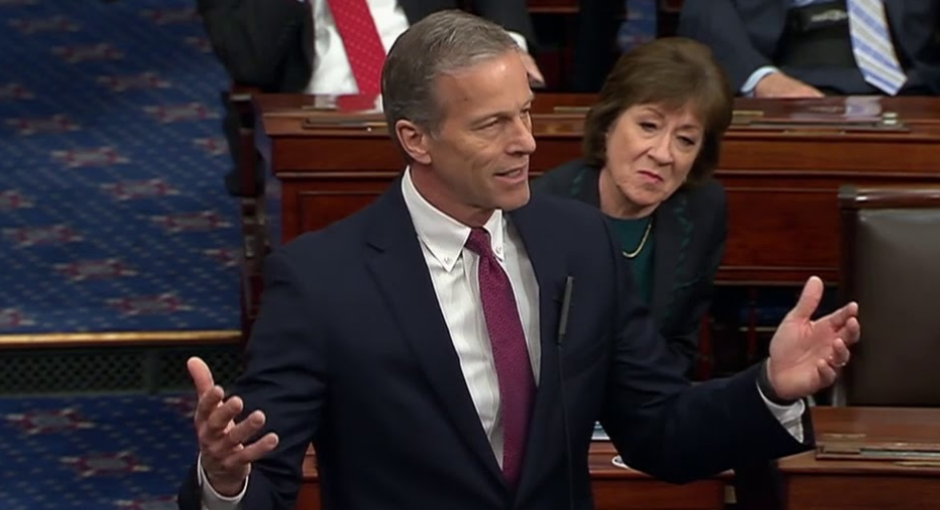A bipartisan group of six U.S. senators on Tuesday reintroduced legislation from the last session of Congress to protect hospitals from losing eligibility for 340B drug discounts during the COVID-19 pandemic.
Five of the six types of hospitals that can participate in 340B must serve a statutorily defined level of low-income patients to become and stay eligible. Some hospitals are concerned those levels could dip through no fault of their own during the pandemic.
Sens. John Thune (R-S.D.), Debbie Stabenow (D-Mich.), Rob Portman (R-Ohio), Tammy Baldwin (D-Wis.), Shelley Moore Capito (R-W.V.), and Ben Cardin (D-Md.) reintroduced their bill, S. 773, on March 16. The text is not available yet, but the senators indicate it is the same as the bill they introduced last July during the 116th Congress.
“The 340B program has been critical to South Dakota hospitals that are relying on the certainty it provides—especially during this ongoing health crisis,” said Thune. “This common-sense and targeted measure would ensure that no hospital that is currently participating in the 340B program can lose eligibility due to a reduction in hospitalizations during the pandemic. I urge my colleagues to support this important legislation as we continue to fight this health crisis.”
“This pandemic continues to cause instability in funding for Michigan hospitals and health care providers,” said Stabenow. “This bill will help lower prescription drug costs, create more certainty in funding, and ensure that those on the frontlines of this crisis have the resources they need to care for patients and save lives.”
Reps. Doris Matsui (D-Calif.) and Chris Stewart (R-Utah) last July introduced similar bipartisan legislation in the House to protect hospitals from losing their 340B eligibility during the pandemic. Their bill also would have waived the group purchasing prohibition for 340B hospitals during the COVID-19 public health emergency. More than 120 representatives from both parties signed a letter supporting inclusion of such protections in COVID-19 legislation.


